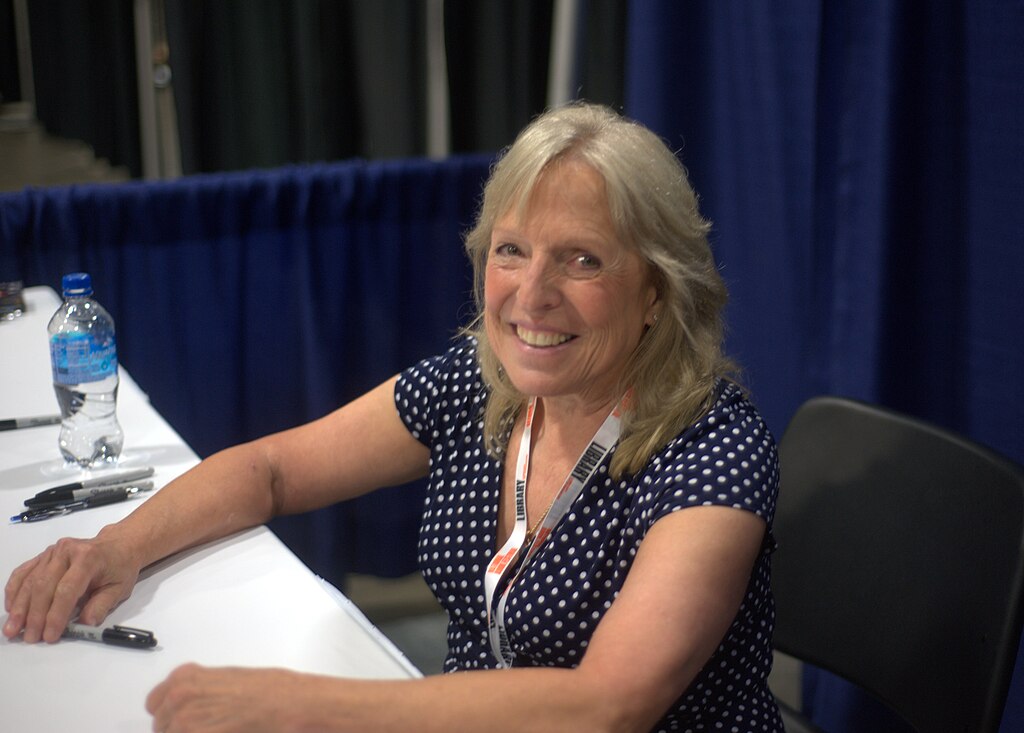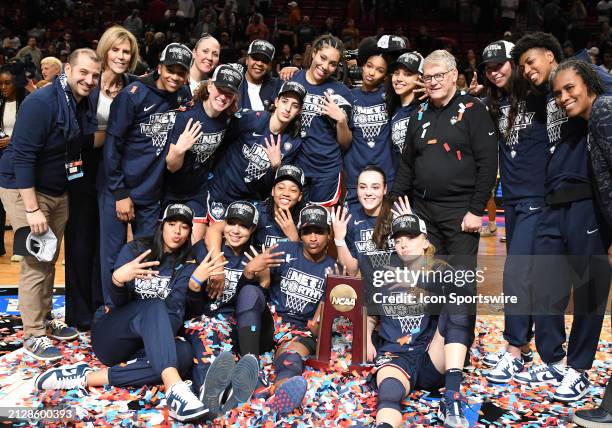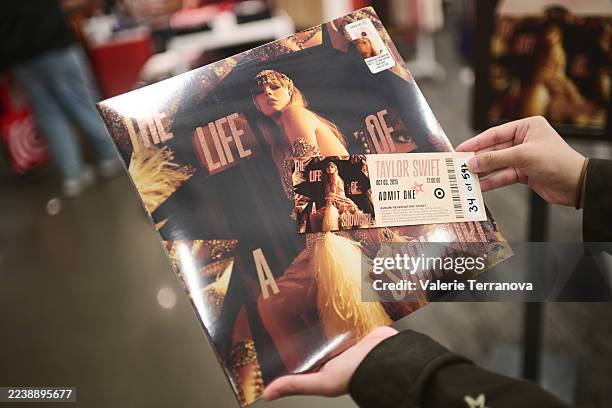Ellen Hopkins is one of the most well-known authors in young adult literature. She is most commonly known for writing novels in verse, books that are written like poetry but read like stories. This makes her writing stand out from most other authors and gives her stories a rhythm that draws readers in. Over the years, she has published 21 books for young adults and adults, and nearly all of them address serious, often controversial topics.
Hopkins’s unique writing style is one of the main reasons she stands out. The pages are filled with short lines, lots of white space, and words that are arranged in peculiar ways. Some poems are shaped on the page to match their meaning. I’d say it’s a psychological type of visual art that helps further tell the story in a way that words cannot.
Hopkins doesn’t shy away from things that are hard to talk about. Instead, she puts them right on the page uncensored. Her books explore addiction, abuse, mental illness, family problems, and identity struggles. Because of this, her work is loved by many readers and banned by others. For many teens, her books can be relatable; she isn’t afraid to write about the hardships many young adults face alone. For parents and schools, her books can sometimes feel too raw or too much. Either way, her books always spark strong reactions.
Hopkins’s first book, Crank, came out in 2004 and quickly became a bestseller. It tells the story of Kristina, a teenage girl who becomes addicted to hard substances. The book is based on Hopkins’s own daughter’s experience with addiction, which makes the story that much more raw and real. One thing I appreciate about Hopkins is that she doesn’t try to make the story neat or happy; she shows how dangerous drugs really are and how one choice can spiral into a life-changing problem.
Crank was so powerful that Hopkins went on to write two sequels: Glass and Fallout. These three books comprise what is often referred to as the “Crank trilogy.” They show not only Kristina’s life but also how her addiction affects the rest of her life, including her children. I, along with many readers, find this series absolutely heartbreaking yet eye-opening in its exploration of a wide variety of sensitive topics.
In my opinion, her book Burned (sequel to Smoke) is the saddest of them all. These books follow a teenage girl named Pattyn, who grows up in a strict religious Mormon household. She struggles with abuse and with finding her own voice in a town that wants to silence her. These books deal with anger, grief, freedom, love, lust, and survival after trauma.
Her book Impulse is about three teens in a mental hospital after suicide attempts. It’s an in-depth look into the minds and daily struggles, but also their search for healing. The book Perfect acts as a companion, this time looking at teens under pressure to live up to impossible standards held by parents, teachers, and even friends. Together, these books highlight devastatingly raw looks into mental health and the struggles young people face when they feel they can’t be “enough.”
Similar to her other books, The You I’ve Never Known mixes family drama with vivid themes of self-identity, as a girl struggles with the lies her father has told her about her missing mother. It shows Hopkins’s ability to blend emotional intensity with gothic mystery.
Although most of Hopkins’s books are written mainly for teens coming of age, she has also written novels for adults. For example, Collateral looks at the impact of war and military life on not only relationships but also family, while the Love Lies Beneath series dives into adult thrillers with romance and horrific betrayal.
Fans of Hopkins often praise her honesty above everything else. She does not write fairy tales or easy endings. Instead, she writes about real-life struggles, no matter how ugly or painful they are. Many teens say her books make them feel seen, like someone finally understands them. Although I can’t relate to a lot of her books, I can easily put myself into the characters’ shoes and feel their emotions. Her books have been known to teach and emphasize empathy by showing readers what it feels like to live through addiction, abuse, or depression, even when the reader has never personally lived it.
Her books have been challenged and banned in schools and libraries across the country for their explicit content. Adults sometimes feel that her descriptions of sex, drugs, and violence are inappropriate for teenagers. In my opinion, it is critical to expose young adults to these hard, realistic hardships and warn them how one bad decision can change them or their loved ones for a lifetime.
Critics also point out that many of her books cover similar themes. Because she often writes about addiction, trauma, and abuse, some readers feel her books can start to feel repetitive. But for her fans, including me, this is actually a strength of hers — the repetition shows that these problems are widespread and need to be talked about relentlessly. Although she hits on similar topics, the characters who experience them all have extremely different ways of viewing and solving their problems. This shows us different perspectives and mindsets of people experiencing similar things.
Ellen Hopkins has built an incredible career writing books that are as painful as they are powerful. From Crank to Identical to People Kill People, her work dives into the darkest parts of life and shines a light on them. She uses poetry to tell stories that might otherwise be too heavy to bear, making her style just as important as her subject matter.
Overall, Hopkins is not an author who writes to comfort; she writes to tell the truth. And for that reason, her books continue to be one of my personal favorites. At the end of the day, Ellen Hopkins’s books are unforgettable. They may not always be easy to read, but they are always worth it.


















